Name: Shannon Nicholson
Job Role: Program Director, West Virginia University Office of Graduate Admissions
Education: B.S. Journalism, ’14, M.S. Data Marketing Communications, ’17 – WVU Reed College of Media
Social Media: @shannonicholson (Twitter) and @shannonpauline (Instagram)
How and when did you first become interested in PR and communications?
My first job in the industry was at a small, B2B advertising agency in Morgantown, WV. I was exposed to all facets of marketing: content development, direct email, digital advertising, media relations, social media, traditional media, and website design (to name a few). What I did not know before I started my Junior Account Manager position was the importance of tying campaigns to business goals, breaking down department silos, and utilizing collected data to be relevant and timely. Enter the Data Marketing Communications, fully-online, graduate program. This program allowed me to bridge my interest in the business-side of marketing and my growing expertise in the field.
How did you find internships/jobs?
As a WVU student and alumni, I have an amazing resource at my disposal- MountaineerTrak powered by the Career Services Center. MountaineerTrak was my first line of defense. During my years as an undergrad, the Reed College of Media hired a Director of Student Careers and Opportunities, Eric Minor. Eric’s weekly “opportunity” email quickly became my go-to resource. Eric is the perfect liaison between current students looking for experience and alumni looking to provide that experience as a way to give back to their alma mater.
What was the biggest challenge you’ve ever faced in your career? How did you overcome it?
The biggest challenge I have faced in my young career has been introducing new procedures, and strategies from the ground up. In my current role, I assumed that after six months and I’ll be like a well-oiled machine and have already implemented new strategies. I soon realized that implementation would take closer to one year. The next year will be spent analyzing, and the following year will be about growth and optimization. It is hard not to get ahead of myself and want to be at year three, today! Really, the biggest challenge is not trying something new, it is pacing myself to check one step off the list at a time. Devoting 110% to each step without getting ahead of myself and potentially losing sight of details that could later derail all that the team has worked towards. Slow and steady wins the race.
What has been the most valuable thing you have learned through classes or experience?
Differing experiences, bring perspective. In my Data Marketing Communications cohort, students had varying backgrounds in data, graphic design, marketing, sales, etc. Listening to each other’s viewpoints helped the entire cohort approach problems with an open mind.
What has been the best piece of advice you have received?
You won’t know unless you try.
Do you have any advice for future PR pros?
There are a lot of different ways to apply your marketing/PR knowledge. Don’t limit yourself to certain industries or titles. Today, there are more opportunities than ever to be creative with your knowledge.
What do you think is the best benefit of PRSA and the New Pros section?
I think the biggest benefit of the New Pros section is the opportunity for engagement and networking. PRSA boasts amazing partners, and communities for growth and learning. I was particularly drawn to the #NPPRSA Twitter chats. Twitter chats have been a great outlet to informally discuss specific topics with others in the industry. I have found that those who participate want to engage and share. Even simply reading through threads has helped open my eyes to areas outside of my expertise.
Is there anything you wish you would have known before starting your career?
You will never stop learning. When you think you know enough, there is always more. It is important to be vigilant about the changes within your field.
Tell us a little-known fact about yourself.
I have a Bengal Cat that is about 20 lbs, who acts more like a small dog than a cat.
This New Professionals spotlight is sponsored by West Virginia University. If you are a member of PRSA New Pros and interested in being featured, or interested in nominating someone to be featured as a part of our #MemberSpotlight, please complete the following form.

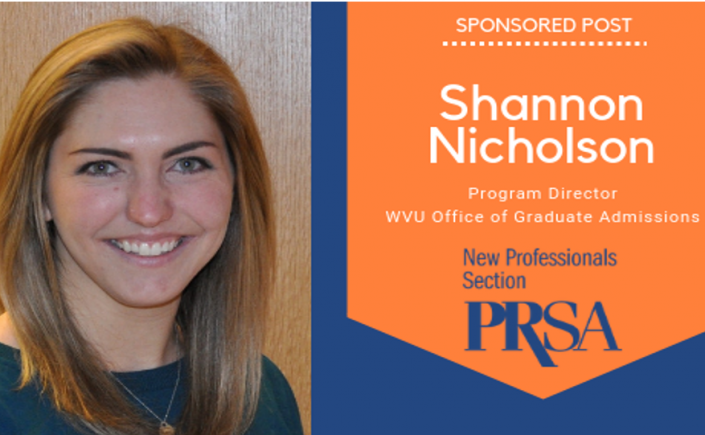
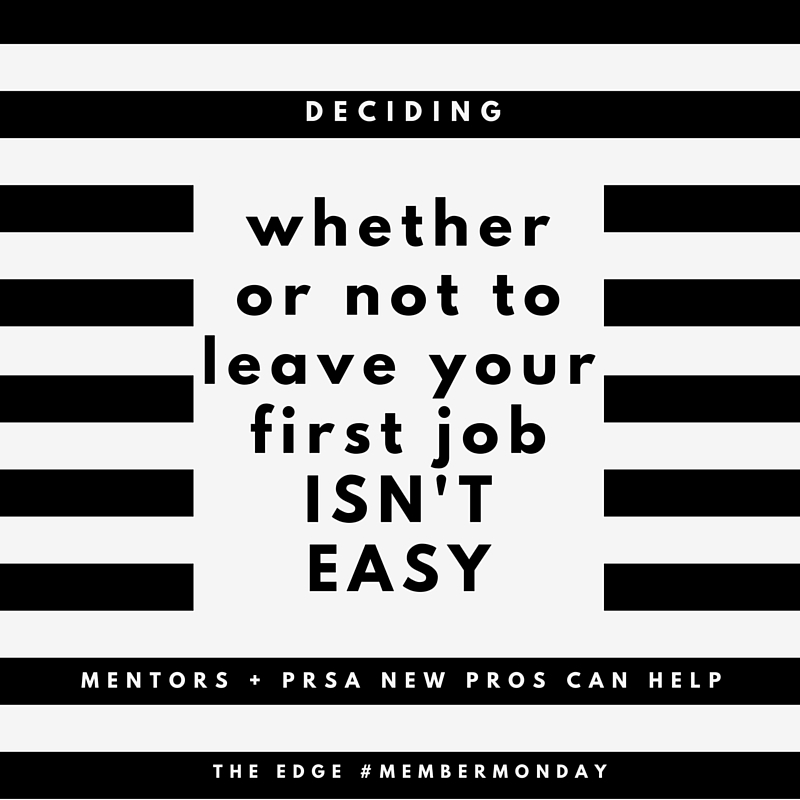

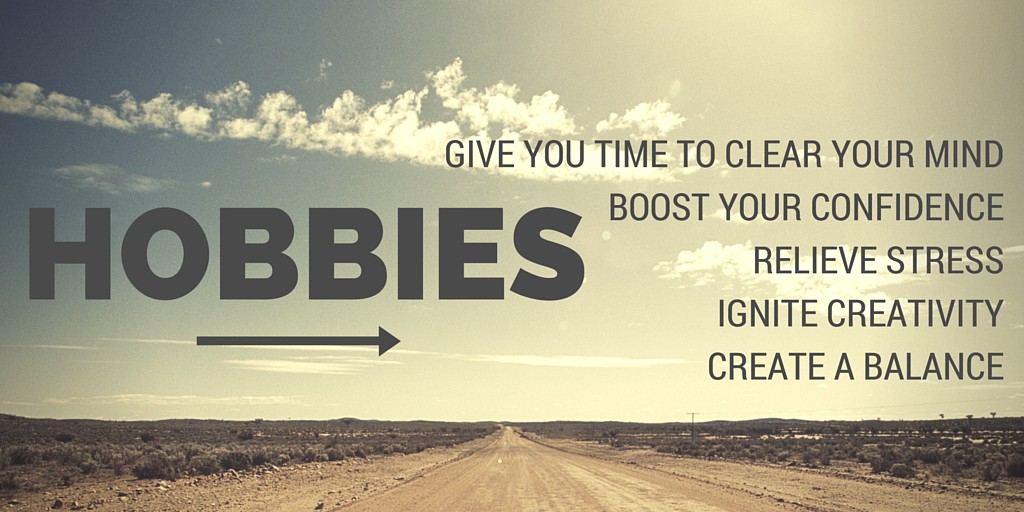
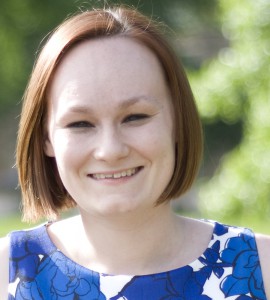
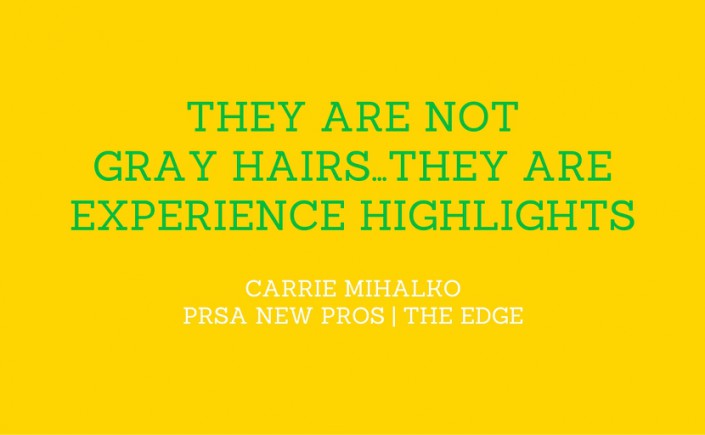
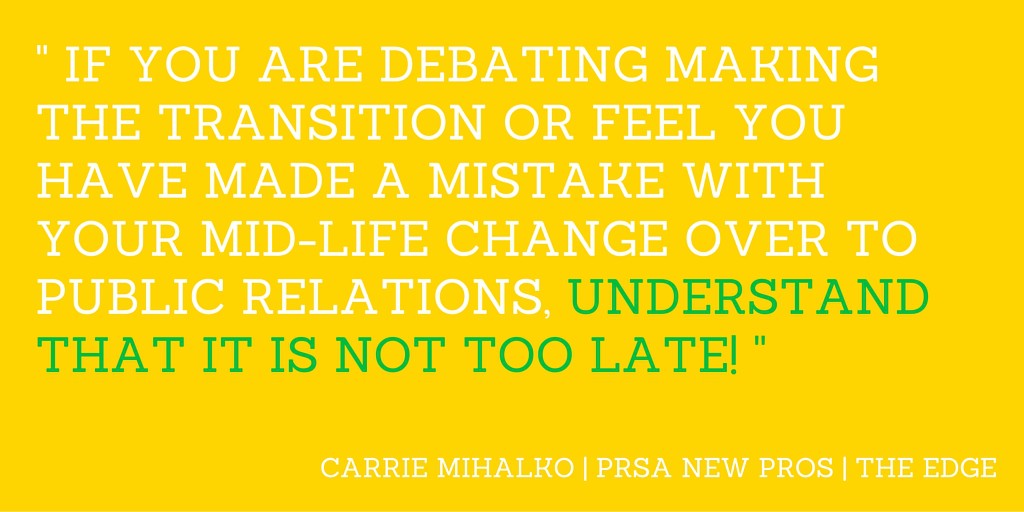
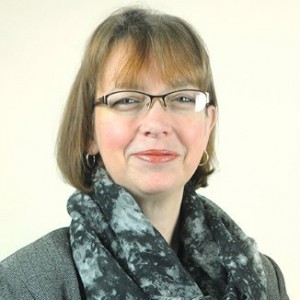
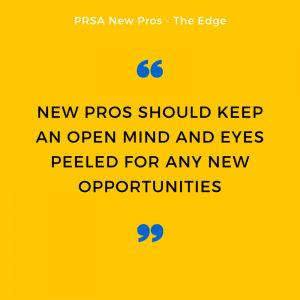 This is absolutely the wrong way to approach finding a fulfilling career. Instead of pursuing opportunities only when we think we desperately need them, new pros should keep an open mind and eyes peeled for any new opportunities, no matter how satisfying their current position may be.
This is absolutely the wrong way to approach finding a fulfilling career. Instead of pursuing opportunities only when we think we desperately need them, new pros should keep an open mind and eyes peeled for any new opportunities, no matter how satisfying their current position may be.